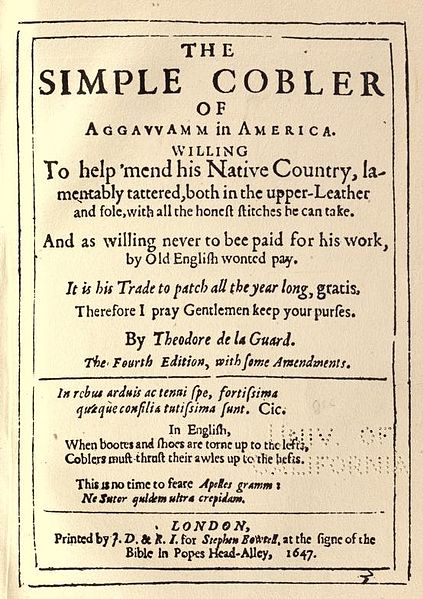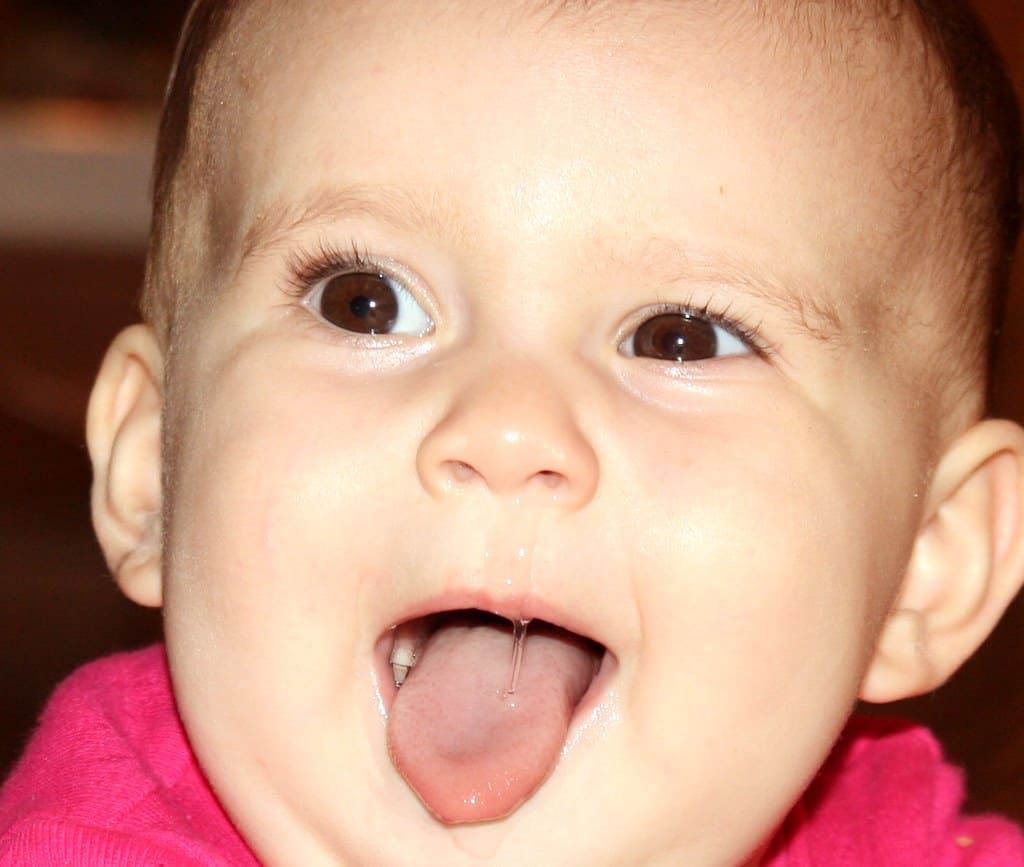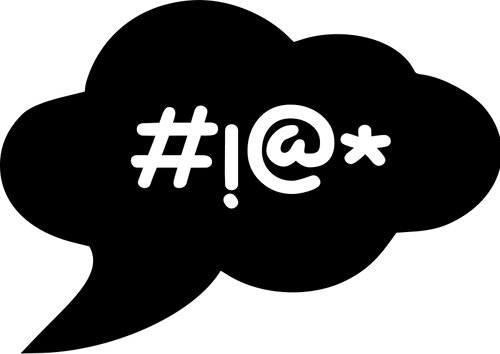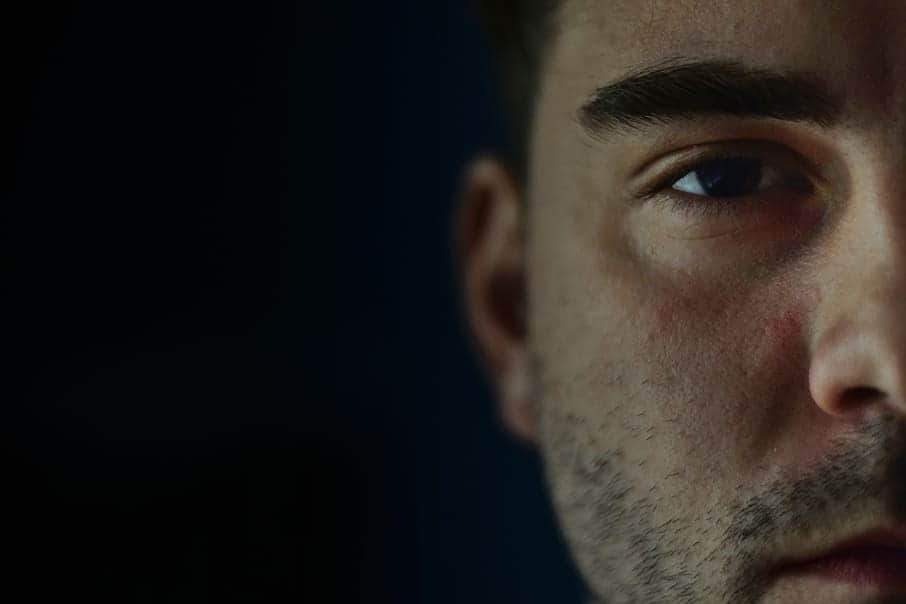English is an interesting language that is often said to be one of the hardest languages to learn. This is because English is a mashup of words borrowed from numerous unrelated languages. Of course, this means that there are countless rare and obscure words in the English language that have either been forgotten or are only used in very niche situations. The list below contains some of the rarest words in the English language that you may not have heard of before.
- Obelus
- Nudiustertian
- Nikehedonia
- Metanoia
- Meldrop
- Lalochezia
- Jentacular
- Gargalesthesia
- Crapulence
- Agelast
- Acnestis
Pronunciation: aa-buh-luhs
Word Class: Noun
Root Language: Greek

photo source: Wikimedia Commons
Did you know?
The division symbol, ÷, or Obelus was first used by the Swiss mathematician Johann Rahn in his book Teutsche Algebra in 1659.
Pronunciation: noo-dee-uhs-TUR-shuhn
Word Class: Adjective
Root Language: Latin

photo source: Wikimedia Commons
Nudiustertian, which means of or relating to the day before yesterday, appears to be a pretty useful word, but it is difficult to use. This is because its an adjective and not a noun. It comes from the Latin nudius tertius, from the phrase nunc dies tertius est, “now is the third day.” The earliest documented use of Nudiustertian dates to 1647 when it was used by Nathaniel Ward in The Simple Cobler of Aggawam in America.
Did you know?
The passage where Nathaniel Ward uses the word Nudiustertian reads: “When I heare a‥Gentledame inquire‥what [is] the nudiustertian fashion of the Court; I mean the very newest.”
Pronunciation: nai-kee-huh-daa-nee-uh
Word Class: Noun
Root Language: Greek

photo source: Wikimedia Commons
Nikehedonia doesn’t appear in regular English dictionaries, but it’s one of those words that everyone should know. Campbell’s Psychiatric Dictionary defines Nikehedonia as the pleasure or excitement that comes from anticipating success. In other words, Nikehedonia is that feeling you get when you just know you’re about to win something.
Did you know?
You might recognize the different parts of the word Nikehedonia because it stems from the Greek word nike, which means victory and hedone, which means pleasure.
Pronunciation: met-uh-noi-uh
Word Class: Noun
Root Language: Greek

photo source: Free Use
Changing one’s beliefs, especially when they might be hurting another person, is incredibly difficult, but totally possible. A transformative change of heart, spiritual conversion, or radical shift in one’s beliefs is called Metanoia. The origin of the word Metanoia is Greek from metanoiein to change one’s mind, repent, from meta- + noein to think, from nous which means mind. Metanoia can be used to mean repentance, atonement, or reformation. While Metanoia is Greek in origin, it is used in Christianity and even appears in the King James Bible as its verbal cognate metanoeo/μετανοέω, which translates as repent.
Did you know?
The Greeks personified Metonia as a shadowy goddess, cloaked and sorrowful, who accompanied Kairos, the god of Opportunity, sowing regret and inspiring repentance for the “missed moment.”
Pronunciation: mell–drawp
Word Class: Noun
Root Language: Old English or Old Norse

photo source: Flickr via Marc Levin
Meldrop is a very useful Old English word that people have forgotten. It is used to describe a drop of mucus hanging from the tip of one’s nose. In simpler terms, Meldrop is the snot dripping down your nose when your sick or after you’ve been crying. While Meldrop was a popular Old English word, the etymology of the word is from an Old Norse word which means “a drop of foam from a horse’s mouth.”
Did you know?
Meldrop used to be listed in Merriam-Webster dictionaries, as recently as 1934, but use of the word is so scarce that it no longer warrants an inclusion in modern editions of the dictionary.
Pronunciation: lal’ō-kē’zē-ă
Word Class: Noun
Root Language: Greek

photo source: Free Use
For the most part, we’re all told not to use swear words, especially in public as a child, but sometimes situations arise where cursing feels appropriate. That emotional relief or euphoric feeling you get after letting out some swears is called Lalochezia. This is definitely a word that you should add to your vocabulary, especially if you’re fond of unleashing curse words to destress.
Did you know?
Lalochezia roughly translates to “crapping out of your mouth” as it comes from the Greek lalos, meaning “speech or chatter” and khezo, which means “I defecate.”
Pronunciation: jen-TAK-yuh-luhr
Word Class: Adjective
Root Language: Latin

photo source: Wikimedia Commons
Did you know?
Pre-Jentacular is also a word, and it can be used to describe things you do before getting up and having breakfast.
Pronunciation: gar-guhl-es-thee-zee-yah
Word Class: Noun
Root Language: Greek

photo source: Free Use
Gargalesthesia isn’t a word that comes up in a regular dictionary because its a scientific term used to describe the sensation commonly associated with tickling. More specifically, Gargalesthesia is the harder, laughter-inducing tickling. Gargalesthesia and the related word knismesis were coined in 1897 by psychologists G. Stanley Hall and Arthur Allin. Knismesis is the lighter, feather-like type of tickling. The root of Gargalesthesia comes from the Greek gargalizo meaning “to tickle.” Gargalesthesia is a common response in primates and is typically triggered when someone touches our most ticklish areas like the feet, neck, navel, or ribs.
Did you know?
While its possible to trigger a knismesis response on yourself, it is impossible produce gargalesthesia on oneself.
Pronunciation: krăp′yə-ləns
Word Class: Noun
Root Language: Latin

photo source: Free Use
Despite the way the the word looks and sounds, Crapulence has nothing to do with the word crap or any other euphemisms for excrement. However, Crapulence and the related words crapulent and crapulous do have to do with feeling unwell. Specifically, Crapulence means sickness caused by excessive eating or drinking. In other words, Crapulence is overindulgence.
Did you know?
Crapulence comes from the Late Latin word crapulentus, which is derived from Latin crapula, meaning “intoxication.”
Pronunciation: AJ-uh-last
Word Class: Noun
Root Language: Greek or Middle French

photo source: Free Use
When its tied to joy or happiness, laughter is one the most positive human expressions. Pretty much everyone in the world loves to laugh, but we all probably know someone who’s a perpetual grouch that never cracks a smile. This person would be called an Agelast, which is someone who never laughs. Agelast was most likely borrowed from Greek agélastos, which means “not laughing, grave, gloomy.”
Did you know?
Agelast was coined by George Meredith in his 1877 work titled An Essay on Comedy.
Pronunciation: ak-NEES-tis
Word Class: Noun
Root Language: Greek
 photo source: Free Use
photo source: Free Use
Did you know?
The earliest use of the word Acnestis dates to the mid-18th century in documents belonging to Robert James, physician and inventor of James’s fever powder.











 photo source: Free Use
photo source: Free Use